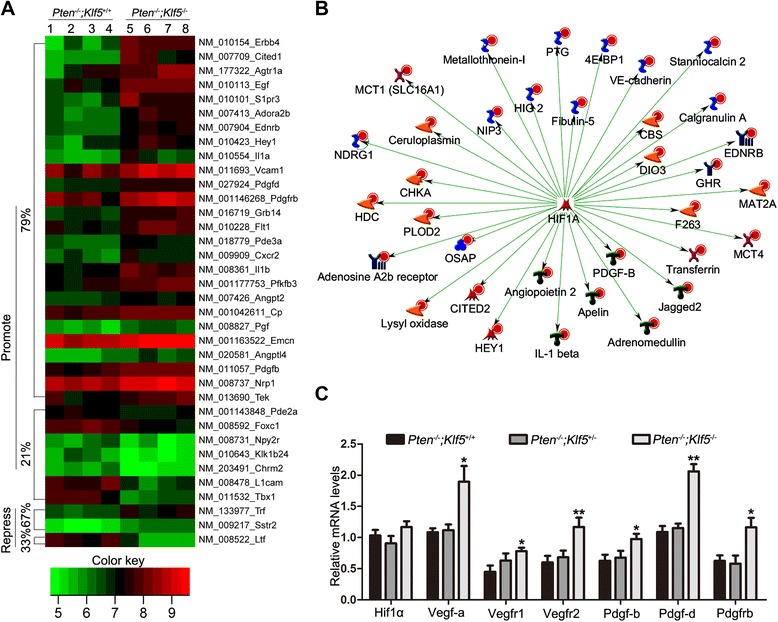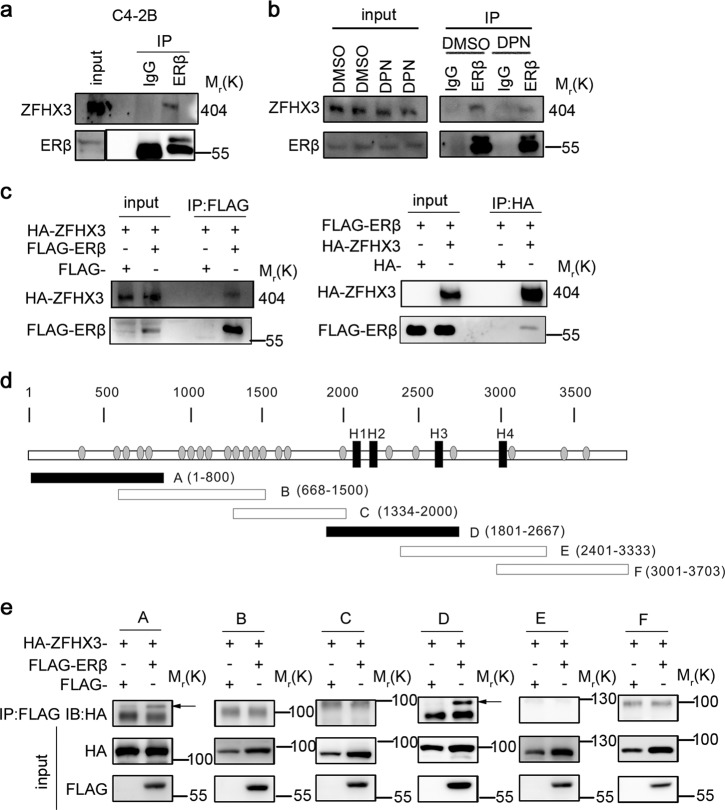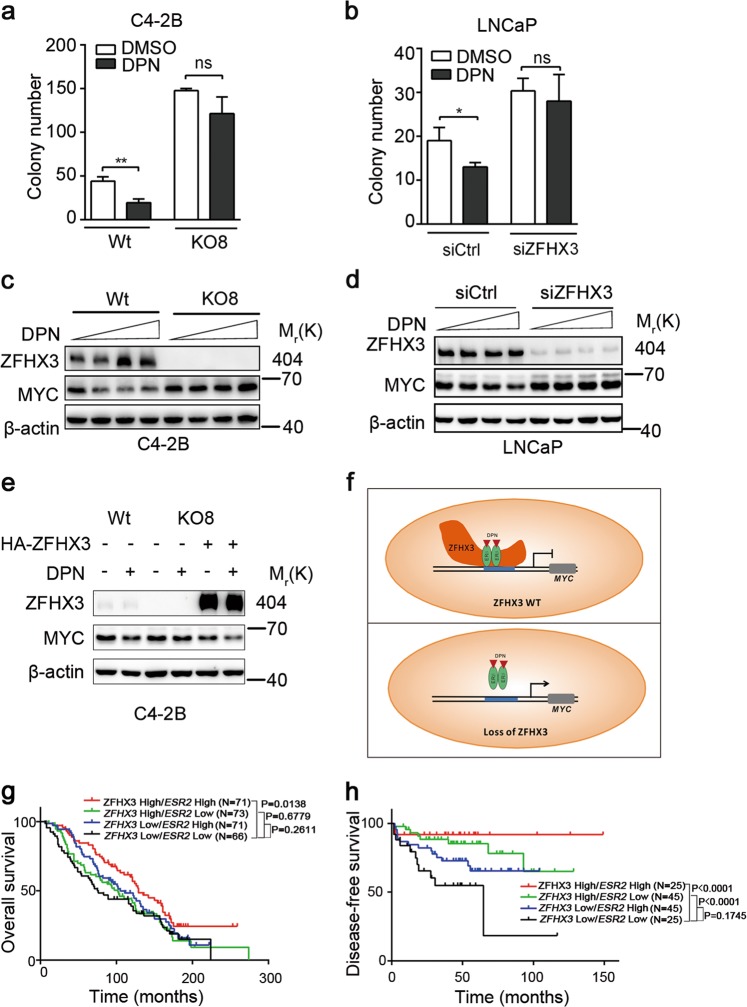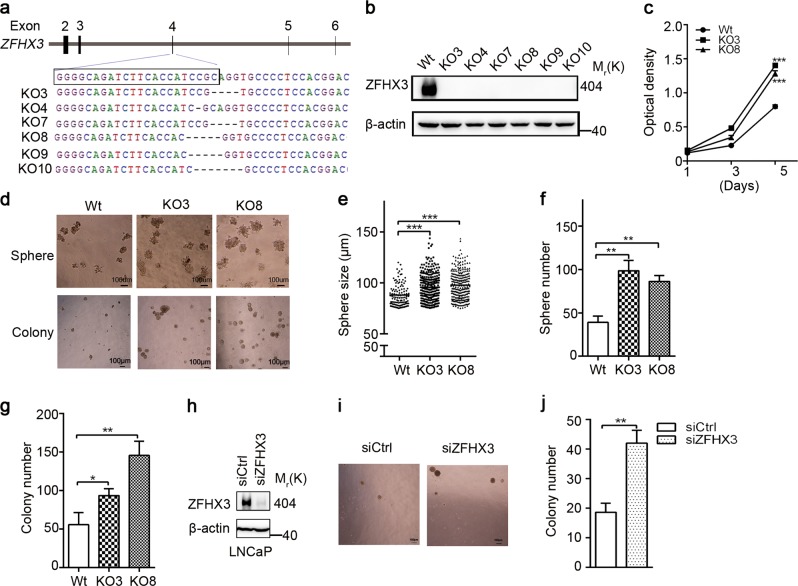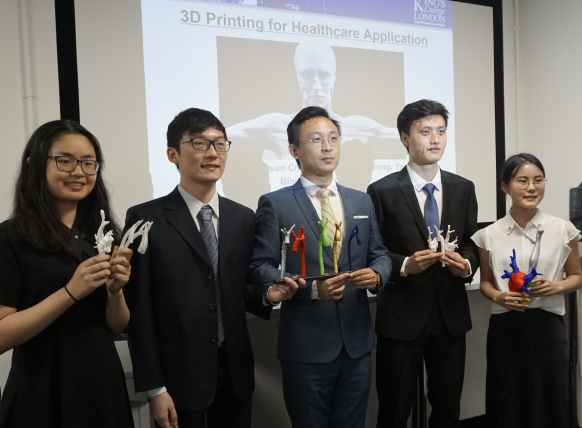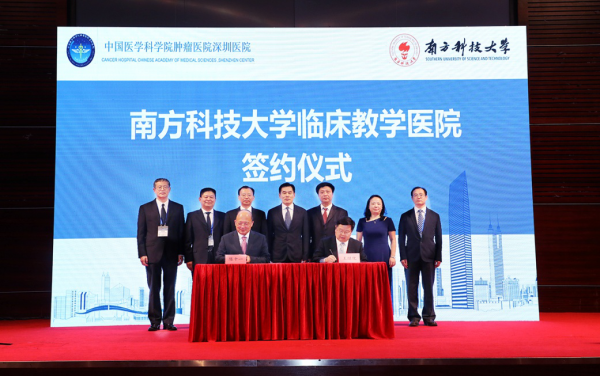Chair Professor School of Medicine, Department of Human Cell Biology and Genetics
DONG Jintang, PhD, Chair Professor, Head of the Department of Human Cell Biology and Genetics, received his BS degree in Biology from Nankai University in 1984 and PhD degree in Pathophysiology from the Peking Union Medical College and the Chinese Academy of Medical Sciences (CAMS) in 1989. After working as an Assistant Investigator at the Cancer Institute at CAMS for a year, he completed postdoctoral training in Molecular Cancer Biology and Prostate Cancer at the National Institutes of Health and the Johns Hopkins University School of Medicine. He was Assistant and Associate Professor at the University of Virginia, and Associate and Full Professor at Emory University School of Medicine. He has finished a large number of research projects funded by national agencies. He is also the recipient of several awards. He has published over 120 peer-reviewed papers, including several in Science and sister journals of Nature. He has been an associate editor or on the editorial boards of multiple journals for Journal of Genetics and Genomics and the editorial board member of international journals. His research focuses on molecular pathogenesis of human cancer, particularly the driver genes in prostate cancer progression. He has trained about 30 doctoral students and postdoctoral fellows in cancer research.
Personal Profile
Professor Dong Jintang received his Ph.D. in Chinese Academy of Medical Sciences from the Union Medical University (Beijing Union Medical College) in 1989. Post-doctoral work at the National Institutes of Health and Johns Hopkins University School of Medicine from 1990 to 1996. From 1996 to 2002, he served as an assistant professor and associate professor in the Department of Biochemistry and Molecular Genetics at the Department of Pathology, University of Niagara University. Since 2002, he has served as an associate professor and professor at the Department of Oncology and Hematology and Department of Urology at Emory University School of Medicine. He has served as deputy director of research and co-director of the Cancer Genetics and Epigenetics Program at the Winship Cancer Center. He was selected as a "Specially Appointed Professor of the Yangtze River Scholar" and a national thousand-person planner and a professor at the School of Life Sciences of Nankai University. He has received the Outstanding Doctor and Scientist Award from the Georgia Cancer Alliance, the President of the National Institutes of Health, and the Outstanding Youth Fund of the National Natural Science Foundation of China.
Professor Dong Jintang joined the Medical College of Southern University of Science and Technology in August 2018 as a professor and is a national leading talent in Shenzhen.
Research
Molecular basis of tumor development and its application research: Professor Dong Jintang's research group uses genetics, biochemistry, cell biology, molecular biology, histopathology and other research methods and various tumor models to understand prostate cancer And the evolution of biological mechanisms, and the exploration of mechanisms for the discovery of applications in tumor detection and treatment.
Teaching
Master of Biomedical Postgraduate(master and PhD student ): Cancer Biology; Undergraduate in Biomedical: Medical Genetics.
Publications Read More
Communication or first author paper directory:
(1) Dong JT, Luo XM (1993) Arsenic-induced DNA-strand breaks associated with DNA-protein crosslinks in human fetal lung fibroblasts. Mutat Res 302:97-102.
(2) Dong JT, Luo XM (1994) Effects of arsenic on DNA damage and repair in human fetal lung fibroblasts. Mutat Res 315:11-15.
(3) Dong JT, Lamb PW, Rinker-Schaeffer CW, Vukanovic J, Ichikawa T, Isaacs JT, Barrett JC (1995) KAI1, a metastasis suppressor gene for prostate cancer on human chromosome 11p11.2. Science 268:884-886.
(4) Dong JT, Zhou CN, Luo XM (1995) Induction of preneoplastic lesions by sodium arsenite in human fetal respiratory epithelia in organ culture. Environ Res 68:39-43.
(5) Dong JT, Suzuki H, Pin SS, Bova GS, Schalken JA, Isaacs WB, Barrett JC, Isaacs JT (1996) Down-regulation of the KAI1 metastasis suppressor gene during the progression of human prostatic cancer infrequently involves gene mutation or allelic loss. Cancer Res 56:4387-4390.
(6) Dong JT, Isaacs WB, Barrett JC, Isaacs JT (1997) Genomic organization of the human KAI1 metastasis-suppressor gene. Genomics 41:25-32.
(7) Dong JT, Sipe TW, Hyytinen ER, Li CL, Heise C, McClintock DE, Grant CD, Chung LW, Frierson HF, Jr. (1998) PTEN/MMAC1 is infrequently mutated in pT2 and pT3 carcinomas of the prostate. Oncogene 17:1979-1982.
(8) Hyytinen ER, Frierson HF, Boyd JC, Chung LWK, Dong JT (1999) Three distinct regions of allelic loss at 13q14, 13q21-22, and 13q33 in prostate cancer. Gene Chromosome Cancer 25:108-114.
(9) Hyytinen ER, Frierson HF Jr, Sipe TW, Li CL, Degeorges A, Sikes RA, Chung LW, Dong JT (1999) Loss of heterozygosity and lack of mutations of the XPG/ERCC5 DNA repair gene at 13q33 in prostate cancer. Prostate. 41(3): 190-195.
(10) Dong JT, Chen C, Stultz BG, Isaacs JT, Frierson HF, Jr. (2000) Deletion at 13q21 is associated with aggressive prostate cancers. Cancer Res 60:3880-3883.
(11) Chen C, Brabham W, Stultz BG, Frierson HFJ, Barrett JC, Sawyers CL, Isaacs JT, and Dong JT (2001) Defining a common region of deletion at 13q21 in human cancers. Genes Chromosomes Cancer 31:333-344.
(12) Chen C, Frierson HFJ, Haggerty PF, Theodorescu D, Gregory CW, Dong JT (2001) An 800 kb region of deletion at 13q14 in human prostate and other carcinomas. Genomics 77:135-144.
(13) Dong JT, Li CL, Sipe TW, Frierson HF, Jr. (2001) Mutation of PTEN/MMAC1 in primary prostate cancers from Chinese patients. Clin Cancer Res 7:304-308.
(14) Dong JT, Boyd JC, Frierson HF, Jr. (2001) Loss of heterozygosity at 13q14 and 13q21 in high grade prostate cancer. Prostate 49:166-171.
(15) Hyytinen ER, Saduut R, Chen C, Lindsay Paull L, Koivisto PA, Vessella RL, Frierson HF, Dong JT (2002) Defining the Region(s) of Deletion at 6q16-q22 in Human Prostate Cancer. Genes Chromosomes Cancer 34:306-312.
(16) Chen C, Bhalala HV, Qiao H, and Dong JT (2002) A possible tumor suppressor role of the KLF5 transcription factor in human breast cancer. Oncogene 21:6567-6572.
(17) Chen C, Hyytinen ER, Sun X, Helin HJ, Koivisto PA, Frierson HF, Vessella RL, and Dong JT (2003) Deletion, mutation, and loss of expression of the KLF6 tumor suppressor gene in a subset of prostate cancer. Am J Pathol 162:1349-1354.
(18) Chen C, Bhalala HV, Vessella RL, and Dong JT (2003) KLF5 is frequently deleted and down-regulated but rarely mutated in prostate cancer. Prostate 55:81-88.
(19) Chen C, Zhou Y, Zhou Z, Sun X, Otto KB, Uht RM, and Dong JT (2004) Regulation of KLF5 involves the Sp1 transcription factor in human epithelial cells. Gene 330:133-142.
(20) Chen C, Sun X, Ran Q, Wilkinson KD, Murphy TJ, Simons JW, and Dong JT (2005) Ubiquitin-proteasome degradation of KLF5 transcription factor in cancer and untransformed epithelial cells. Oncogene 24:3319-3327, 2005.
(21) Sun X, Frierson HF, Chen C, Li C, Ran Q, Otto KB, Cantarel BL, Vessella RL, Gao AC, Petros J, Miura Y, Simons JW, and Dong JT (2005) Frequent somatic mutations of the ATBF1 transcription factor in human prostate cancer. Nat Genet37: 407-412.
(22) Chen C, Guo P, Sun X, Dong XY, Sethi P, Cheng X, Zhou J, Ling J, Simons JW, Lingrel JB, and Dong JT (2005) KLF5 is a target of the E3 ubiquitin ligase WWP1 for proteolysis in epithelial cells. J Biol Chem 280:41553-41561.
(23) Chen C, Benjamin MS, Sun X, Otto KB, Guo P, Dong XY, Bao Y, Zhou Z, Cheng X, Simons JW &Dong JT (2006). KLF5 promotes cell proliferation and tumorigenesis through gene regulation in the TSU-Pr1 human bladder cancer cell line. Int J Cancer 118:1346-1355.
(24) Sun X, Chen C, Vessella RL, and Dong JT (2006) Microsatellite instability and mismatch repair target gene mutations in cell lines and xenografts of prostate cancer. Prostate 66:660-666.
(25) Dong XY, Chen C, Sun X, Guo P, Vessella RL, Wang RX, Chung LW, Zhou W, and Dong JT (2006) FOXO1A is a candidate for the 13q14 tumor suppressor gene inhibiting AR signaling in prostate cancer. Cancer Res 66:6998-7006.
(26) Chen C, Sun X, Guo P, Dong XY, Sethi P, Zhou W, Zhou Z, Petros J, Frierson HF, Vessella RL, Atfi A, and Dong JT (2007) Ubiquitin E3 ligase WWP1 as an oncogenic factor in human prostate cancer. Oncogene 26: 2386-2394.
(27) Sun X, Zhou Y, Otto KB, Wang M, Chen C, Zhou W, Subramanian K, Vertino PM, and Dong JT (2007) Infrequent mutation of ATBF1 in human breast cancer. J Cancer Res Clin Oncol 133:103-5.
(28) Dong XY, Rodriguez C, Guo P, Sun X, Talbot JT, Zhou W, Petros J, Li Q, Vessella RL, Kibel AS, Stevens VL, Calle EE, and Dong JT (2008) SnoRNA U50 is a candidate tumor suppressor gene at 6q14.3 with a mutation associated with clinically significant prostate cancer. Hum Mol Genet 17:1031-142.
(29) Chen L, Zhu Z, Sun X, Dong XY, Wei J, Gu F, Sun YL, Zhou J, Dong JT, and Fu L (2009) Down-regulation of tumor suppressor gene FEZ1/LZTS1 in breast carcinoma involves promoter methylation and associates with metastasis. Breast Cancer Res Tt 116:471-8.
(30) Guo P, Zhao KW, Dong XY, Sun X, and Dong JT (2009) Acetylation of KLF5 alters the assembly of P15 transcription factors in TGFbeta-mediated induction in epithelial cells. J Biol Chem 284:18184-93.
(31) Dong XY, Guo P, Boyd J, Sun X, Li Q, Zhou W, and Dong JT (2009) Implication of snoRNA U50 in human breast cancer. J Genet Genomics 36:447-54.
(32) Guo P, Dong XY, Zhao KW, Sun X, Li Q, and Dong JT (2009) Opposing effects of KLF5 on the transcription of Myc in epithelial proliferation in the context of TGFbeta. J Biol Chem 284:28243-28252.
(33) Guo P, Dong XY, Zhao KW, Sun X, Li Q, and Dong JT (2010) Estrogen-induced interaction between KLF5 and estrogen receptor (ER) suppresses the function of ER in ER-positive breast cancer cells. Int J Cancer 126:81-89.
(34) Dong XY, Sun X, Guo P, Li Q, Sasahara M, Ishii Y, and Dong JT (2010) ATBF1 inhibits ER function by selectively competing with AIB1 for binding to ER in ER-positive breast cancer cells. J Biol Chem 285:32801-32809.
(35) Wang XX, Fu L, Li X, Wu X, Zhu Z, Fu L, and Dong JT (2011) Somatic mutations of the mixed-lineage leukemia 3 (MLL3) gene in primary breast cancers. Path Onc Res 17:429-433.
(36) Zhao KW, Sikriwal D, Dong X, Guo P, Sun X &Dong JT (2011). Estrogen causes degradation of KLF5 by inducing the E3 ubiquitin ligase EFP in ER-positive breast cancer cells. Biochem J437:323-333.
(37) Dong XY, Guo P, Sun X, Li Q, and Dong JT (2011) Estrogen upregulates ATBF1 transcription but causes its protein degradation in ER-positive breast cancer cells. J Biol Chem 286:13879-13890.
(38) Zhang Z, Zhang B, Li W, Fu L, Fu L, Zhu Z, and Dong JT (2011) Epigenetic silencing of miR-203 upregulates SNAI2 and contributes to the invasiveness of malignant breast cancer cells. Genes Cancer 2:782-791.
(39) Su D, Fu X, Fan S, Wu X, Wang XX, Fu L, Dong XY, Ni JJ, Zhu Z, and Dong JT (2012) Role of ERRF, a novel ER-related nuclear factor, in the growth control of ER-positive human breast cancer cells. Am J Pathol 180:1189-201.
(40) Wu X, Zhu Z, Li W, Fu X, Su D, Fu L, Zhang Z, Luo A, Sun X, and Dong JT (2012) Chromodomain helicase DNA binding protein 5 plays a tumor suppressor role in human breast cancer. Breast Cancer Res 14:R73.
(41) Dong XY, Fu X, Fan S, Guo P, Su D, and Dong JT (2012) Oestrogen causes ATBF1 protein degradation through the oestrogen-responsive E3 ubiquitin ligase EFP. Biochem J 444:581-590.
(42) Sun X, Fu X, Li J, Xing C, Martin D, Zhang H, and Dong JT (2012) Heterozygous deletion of Atbf1 by the Cre-loxP system in mice causes preweaning mortality. Genesis 50(11):819-827.
(43) Li M, Fu X, Ma G, Sun X, Dong XY, Nagy T, Xing C, Li J, and Dong JT (2012) Atbf1 regulates pubertal mammary gland development likely by inhibiting the pro-proliferative function of estrogen-ER signaling. PLoS ONE 7(12):e51283.
(44) Li M, Zhao D, Ma G, Zhang B, Fu X, Zhu Z, Fu L, Sun X, and Dong JT (2012) Upregulation of ATBF1 by progesterone-PR signaling and its functional implication in mammary epithelial cells. Biochem Biophys Res Commun 430(1):358-363.
(45) Sun X, Li J, Sica G, Fan SQ, Wang Y, Chen Z, Muller S, Chen ZG, Fu X, Dong XY, Guo P, Shin DM, and Dong JT (2012) Interruption of nuclear localization of ATBF1 during the histopathologic progression of head and neck squamous cell carcinoma.. Head Neck 35:1007-1014, 2013.
(46) Xing C, Fu X, Sun X, Guo P, Li M, and Dong JT (2013) Different expression patterns and functions of acetylated and unacetylated Klf5 in the proliferation and differentiation of prostatic epithelial cells. PLoS ONE 8:e65538.
(47) Xing C, Fu X, Sun X, and Dong JT (2013) Lack of an additive effect between the deletions of Klf5 and Nkx3-1 in mouse prostatic tumorigenesis. J Genet Genomics 40:315-318.
(48) Zhang B, Zhang Z, Xia S, Xing C, Ci X, Li X, Zhao R, Tian S, Ma G, Zhu Z, Fu L, and Dong JT (2013) KLF5 activates miR-200 transcription to maintain epithelial characteristics and prevent induced EMT in epithelial cells. Mol Cell Biol33:4919-4935.
(49) Sun X, Li J, Dong FN, and Dong JT (2014) Characterization of nuclear localization and SUMOylation of the ATBF1 transcription factor in epithelial cells. PLoS ONE 9:e92746.
(50) Zhang Z, Zhu Z, Zhang B, Li W, Li X, Wu X, Wang L, Fu L, Fu L, and Dong JT (2014) Frequent mutation of rs13281615 and its association with PVT1 expression and cell proliferation in breast cancer. J Genet Genom 41:187-195.
(51) Li X, Zhang B, Wu Q, Ci X, Zhao R, Zhang Z, Xia S, Su D, Chen J, Ma G, Fu L, and Dong JT (2014) Interruption of KLF5 acetylation converts its function from tumor suppressor to tumor promoter in prostate cancer cells. Int J Cancer 136(3):536-546.
(52) Sun X, Fu X, Li J, Xing C, Frierson HF, Wu H, Ding X, Ju T, Cummings RD, Dong JT (2014)Deletion of atbf1/zfhx3 in mouse prostate causes neoplastic lesions, likely by attenuation of membrane and secretory proteins and multiple signaling pathways. Neoplasia. 16(5):377-89.
(53) Xing C, Ci X, Sun X, Fu X, Zhang Z, Dong EN, Hao ZZ, and Dong JT (2014) Klf5 deletion promotes Pten deletion-initiated luminal type mouse prostate tumors via multiple oncogenic signaling pathways. Neoplasia 16(11):883-899.
(54) Ci X, Xing C, Zhang B, Zhang Z, Ni JJ, Zhou W, and Dong JT (2015) KLF5 inhibits angiogenesis in PTEN-deficient prostate cancer by attenuating AKT activation and subsequent HIF1alpha accumulation. Mol Cancer 14:91 (15 pages).
(55) Sun X, Xing C, Fu X, Li J, Zhang B, Frierson HFJ, and Dong JT (2015) Additive effect of Zfhx3/Atbf1 and Pten deletion on mouse prostatic tumorigenesis. J Genet Genomics 42(7):373-82.
(56) Zhang B, Zhao R, He Y, Fu X, Fu L, Zhu Z, Fu L, and Dong JT (2015) Micro RNA 100 sensitizes luminal A breast cancer cells to paclitaxel treatment in part by targeting mTOR. Oncotarget 7(5):5702-5714.
(57) Luo A, Su D, Zhang X, Qi L, Fu L, and Dong JT (2016) Estrogen-estrogen receptor signaling suppresses the transcription of ERRF in breast cancer cells. J Genet Genomics 43:565-567.
(58) Zhao D, Ma G, Zhang X, He Y, Li M, Han X, Fu L, Dong XY, Nagy T, Zhao Q, Fu L, and Dong JT (2016) Zinc finger homeodomain factor Zfhx3 is essential for mammary lactogenic differentiation by maintaining prolactin signaling activity. J Biol Chem 291:12809-12820.
(59) Luo A, Zhang X, Fu L, Zhu Z, and Dong JT (2016) Zinc finger factor ZNF121 is a MYC-interacting protein functionally affecting MYC and cell proliferation in epithelial cells. J Genet Genomics 43:677-685.
(60) Qi L, Zhang B, Zhang S, Ci X, Wu Q, Ma G, Luo A, Fu L, King JL, Nahta R, and Dong JT (2017) ERRF sensitizes ERBB2-positive breast cancer cells to lapatinib treatment likely by attenuating MCL1 and ERBB2 expression. Oncotarget 8:36054-36066.
(61) Tao R, Zhang B, Li Y, King JL, Tian R, Xia S, Schiavon CR, and Dong JT (2018) HDAC-mediated deacetylation of KLF5 associates with its proteasomal degradation. Biochem Biophys Res Commun 500:777-782.
(62) Gao A, Sun T, Ma G, Cao J, Hu Q, Chen L, Wang Y, Wang Q, Sun J, Wu R, Wu Q, Zhou J, Liu L, Hu J*, Dong JT*, and Zhu Z* (2018) LEM4 confers tamoxifen resistance to breast cancer cells by activating cyclin D-CDK4/6-Rb and ERalpha pathway. Nat Commun 9(1):4180. (* Corresponding author)
(63) King JL, Zhang B, Li Y, Li KP, Ni JJ, Saavedra HI, and Dong JT (2018) TTK promotes mesenchymal signaling via multiple mechanisms in triple negative breast cancer. Oncogenesis 7:69.
(64) Wu Q, Fu C, Li M, Li J, Li Z, Qi L, Ci X, Ma G, Gao A, Fu X, Jun A, Na A, Liu M, Li Y, King JL, Fu L, Zhang B, &Dong JT (2018) CINP is a novel cofactor of KLF5 required for its role in the promotion of cell proliferation, survival, and tumor growth. Int. J. Cancer 144: 582-594.
(65) Luo A, Zhang K, Zhao Y, Zhu Z, Fu L, and Dong JT (2018) ZNF121 interacts with ZBRK1 and BRCA1 to regulate their target genes in mammary epithelial cells. FEBS Open Bio 8:1943-1952.
(66) Hu Q, Zhang B, Chen R, Fu C, A J, Fu X, Li J, Fu L, Zhang Z, and Dong JT (2019) ZFHX3 is indispensable for ERbeta to inhibit cell proliferation via MYC downregulation in prostate cancer cells. Oncogenesis 8:28 (15 pages).
(67) Zhao D, Han X, Huang L, Wang J, Zhang X, Jeon JH, Zhao Q, and Dong JT (2019) Transcription factor ZFHX3 regulates calcium influx in mammary epithelial cells in part via the TRPV6 calcium channel. Biochem Biophys Res Commun 519:366-371.
(68) Guo P, Xing C, Fu X, He D, and Dong JT (2019) Ras inhibits TGFbeta‐induced KLF5 acetylation and transcriptional complex assembly via regulating SMAD2/3 phosphorylation in epithelial cells. J Cell Biochem 120:In press.
News More
People Read More
Join us
First, postdoctoral (currently no recruitment needs)
Second, research assistant (currently no recruitment needs)



